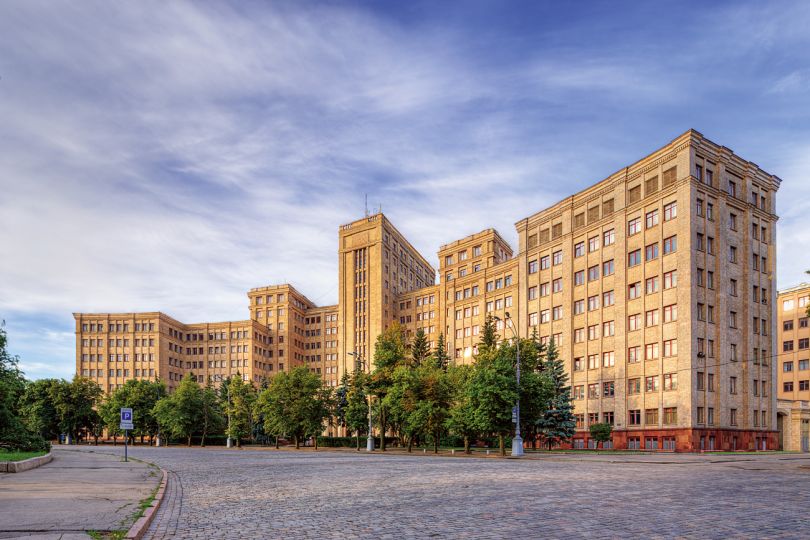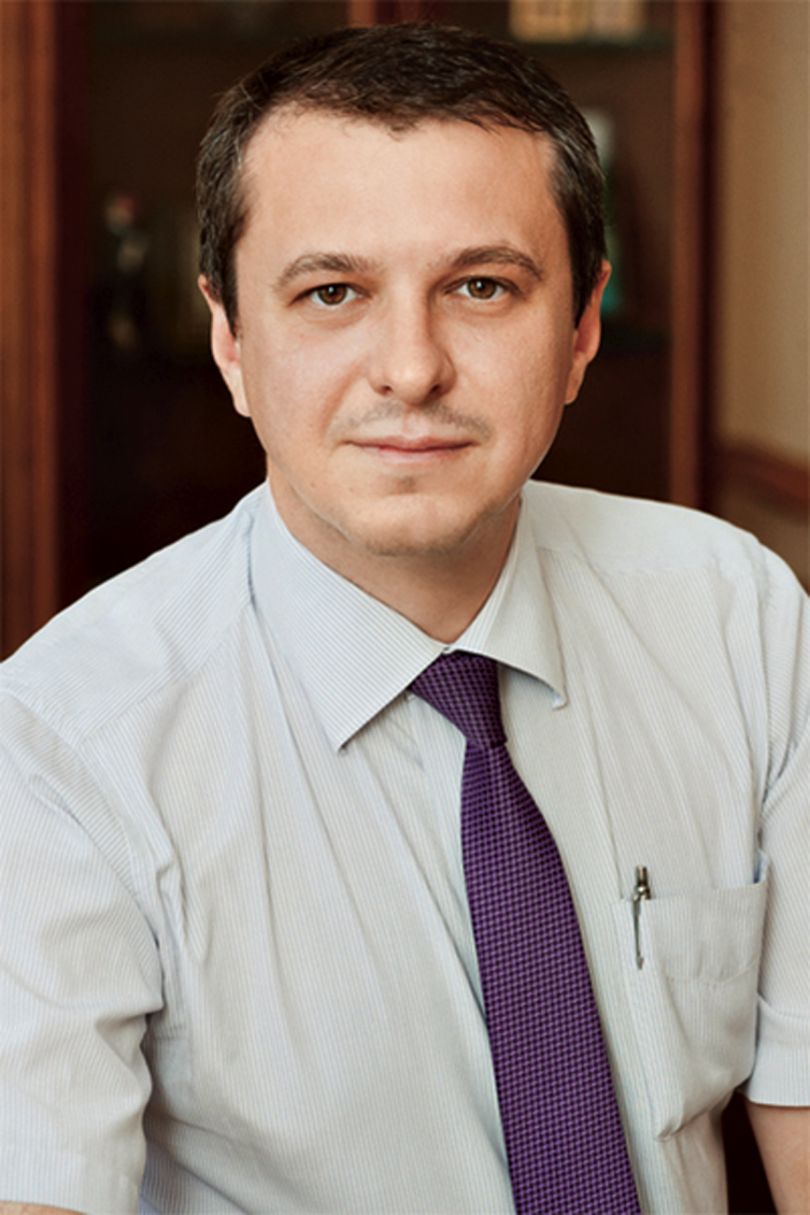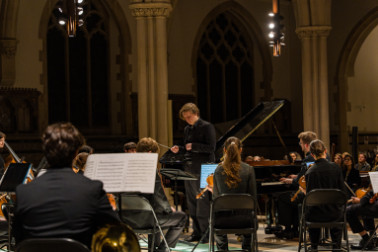2018 World Bank study of the quality of human capital ranks Ukraine 50th out of 157 countries, with 490 points out of the 625-point maximum awarded to the country’s students in the Harmonised Test Scores category.
Academic potential
Ukraine’s five eastern regions have every right to be proud of their academic heritage. They have a combined total of 176 higher education establishments accredited to levels 1 though 4, including 80 institutes and universities. In 2018 alone the local educational institutions graduated over 115,000 specialists, including nearly 100,000 honours students, and the fresh intake stood at more than 430,000 (including nearly 380,000 institute and university students). Given the territory’s industrial and economic specialism, IT, aerospace engineering, architecture and engineering design are particularly popular among potential students. Importantly, many local bachelorship graduates continue with their academic career. The largest scientific and academic hub in the east of Ukraine is Kharkiv with its 217 research facilities that employ over 30,000 personnel. The city enjoys a worldwide reputation as an academic centre whose scientists, including the physicist Lev Landau and the biologist Illia Mechnykov, became Nobel laureates.
The following establishments rank among Ukraine’s top 25 educational institutions according to the 2018 Webometrics ranking / according to the 2018 SciVerse Scopus ranking

• Sumy State University / 14 position
• V.N. Karazin Kharkiv National University / 5 / 2
• National Technical University Kharkiv Polytechnic Institute / 9 / 10
• Zaporizhia National University / 12
• Oles Honchar Dnipro National University / 14 / 8
• Kharkiv National University of Radio Electronics / 16 / 20
• National Technical University Dnipro Polytechnic / 20
• Kharkiv National University of Urban Economy / 21
• Ukrainian State University of Chemical Technology / 16
• National Aerospace University Kharkiv Aviation Institute / 21
• Dnipro Medical Academy under the Ukrainian Health Ministry / 23
• Kharkiv National Medical University
Question for university principals
Ukraine has set itself an ambitious target of becoming an economically develop country. One of the key factors here is the development of science and technology. This requires modernisation of the educational environment to allow young people to acquire modern knowledge and skills. The principals of three eastern educational establishments share their thoughts on how this can be achieved.
– What skills will be particularly required in the future?
Anton Panteleimonov, vice-president for research and education at V.N. Karazin Kharkiv National University
Today’s students represent a totally new generation, they have a whole new set of rules that govern their life. In the future, people will be expected to know how to self-learn and think independently. Other useful skills key to fully applying yourself include being able to react, promptly, to any societal changes, to navigate the labour market, and to plan (and implement) your personal successful strategy in life. Today’s students are expected to be highly adaptive. It is not about your contact hours anymore, it is about your being aware of what tangible competencyies you actually want to take away from your academic time.
Hennadiy Pivnyak, principal at National Technical University Dnipro Polytechnic

Already today the most required skills are those which facilitate one’s integration into the global scientific realm, help one in realising one’s professional functions and generating solutions thanks to an interdisciplinary approach. It is important to be able to create innovative products aimed at the active shaping of the future and capable of developing technology for more comfortable living and self-fulfillment. Today’s youth need to promptly adapt to the changing environment, acquire hands-on competencies (including those based on theoretical knowledge), build personal experience by solving applied problems. All this increases their competitiveness in the labour market, which is becoming more accessible but simultaneously more demanding.
Valentyna Aranchiy, principal of Poltava State Agrarian Academy

The constantly changing world requires contemporary students to have not just skills but also such human qualities as responsibility, tolerance, high culture, creativity, ability to cooperate, critical thinking, deep self-awareness, principledness, aspiration for self-perfection. These qualifications, in addition to professional competences, should develop the educational component of modern education, which should cover the whole educational system.
Photo: univer.kharkov.ua, nmu.org.ua, pdaa.edu.ua, shutterstock (1)








